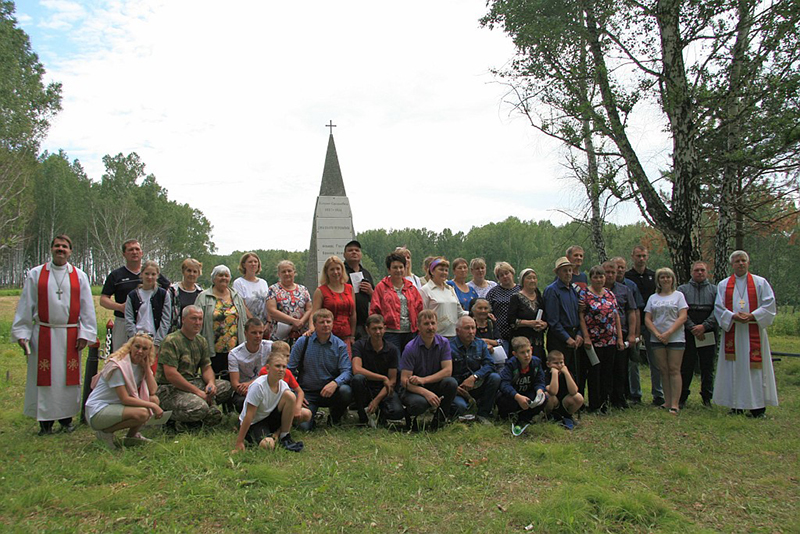
Participants in the Estonian memorial’s tenth anniversary commemoration service.
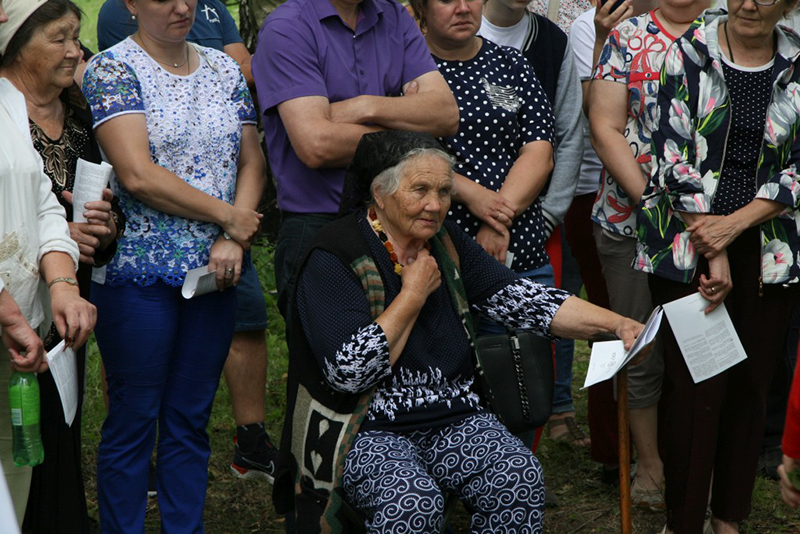
Participants in the Estonian memorial’s tenth anniversary commemoration service.
RUSSIA – Ten years ago, Bishop Vesevolod Lytkin of the Siberian Evangelical Lutheran Church (SELC) consecrated a monument in the Estonian graveyard at Estono-Semionovka, commemorating the Estonians who suffered during the years of political repression under the communist regime. This time of persecution rapidly eroded the once-majority Lutheran faith among Estonians.
In the lead up to 2020, the SELC had been planning a commemoration prayer service to mark the tenth anniversary of the installation of the monument in Estono-Semionovka, with Bishop Tiit Salumäe of the Estonian Evangelical Lutheran Church (EELK) also intending to participate. However, the interruption of international travel due to the COVID-19 pandemic made his attendance impossible, so EELK Bishop Tiit instead sent a video address to Siberian Estonians.
During the commemoration service, SELC Bisho Lytkin reflected on the persecution of Estonian Lutherans, and what Christians today can learn from their story. The text of his remarks follow:
———————
Brothers and sisters, friends,
We just read from the Gospel about the cross. But we did not only read; we stand near a cross. This cross is erected here in memory of our ancestor—the people who came to Siberia to live and to work, to build a happy new life for themselves and their children.
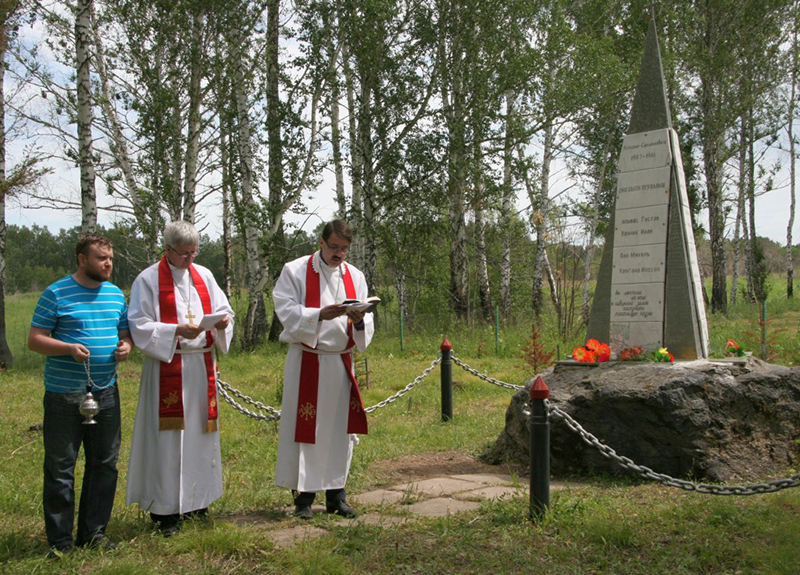
SELC Bishop Vesevolod Lytkin speaks during the commemoration service.
You know, some people often say that Lutheranism is a “German faith.” But, according to the statistics, at the end of the 19th century there were more Estonian Lutherans in the Tomsk province than German Lutherans. So, we can say that on this land, Lutheranism was an Estonian faith.
But in fact, Lutheranism is a non-ethnic faith. In Siberia, there were many people who spoke different languages and confessed Lutheranism. Someone estimated that Lutherans spoke 26 languages. Can you imagine?
Our ancestors, no matter who they were by ethnicity, suffered many trials. When they arrived here in the late 19th and early 20th centuries, they did not know what awaited them. At that time the Russian government was trying to populate Siberia. A great many people from the western outskirts of the Empire came here to start a new life. It was difficult here, but there was freedom. Labour brought results and joy—as it should be.
The immigrants built houses, farms, and then schools, and in some settlements even churches. And where there were no churches, pastors from bigger towns came to visit the parishioners. Those who lived here in this place were parishioners of the parish of Saint Mary in Tomsk.
They did not know what awaited them. They hoped for the best. And then it began… The Russian revolution, civil war, forced collectivization, the confiscation of property, persecution for the faith, and the enlargement of villages, reorganized in order to deprive people of their roots—of their past.
We must keep the memory of them. Because without memory, we simply do not have anything left. Without memory of our ancestors, we ourselves are nobody.
Moreover, how wonderful it is that the top of this monument is crowned with a cross. Frankly, I remember how ten years ago, when I was asked to consecrate this monument, I was a little worried. What would be in it? What is this monument? But when I saw the cross on top, I calmed down and rejoiced. When I saw the cross.
Why are crosses placed in cemeteries? Because the cross is a sign of victory over death. Our Lord Jesus Christ, the Son of God, came to earth to die on the cross for our sins. He died and then He rose from the dead. If we believe in Christ, we will live forever. Earthly death will be for us not a cessation of existence but a gate to paradise.
Christ died on the cross for the sins of each of us. And now for every person the cross of Christ means a choice: either we ourselves will answer in the Last Judgment before God for our sins, or we will believe and trust in Christ, Who died for us, instead of us. Either God’s judgment will condemn us to eternal perdition, or Christ will become our Savior.
This is what I want to say: I am so sad to see that among the descendants of the settlers of the late nineteenth and early twentieth centuries there are very few who still believe in God. They live like unbelievers, sometimes even like pagans. They don’t remember God, they don’t pray, they don’t go to church.
But our ancestors believed in God. And they lived and died with faith in Christ. That is why we are gathered here today: to thank God for the faith that He gave to our ancestors. For eternal life—the symbol of which is this memorable cross.
Siberian Estonians were persecuted for their ethnicity, for the fact that they knew how and wanted to work, for the faith that they did not renounce even in the face of death. Their life was terribly difficult: they got into the most terrible meat-grinder. But they carried their cross to the end. They lost their lives for the sake of Christ and saved their souls for the Kingdom of Heaven.
Now they are in heaven. And that means we will meet them again. And we will embrace them and bow to them—our brothers and sisters, who during the earthly life carried a heavy cross… and now live forever.
——————–

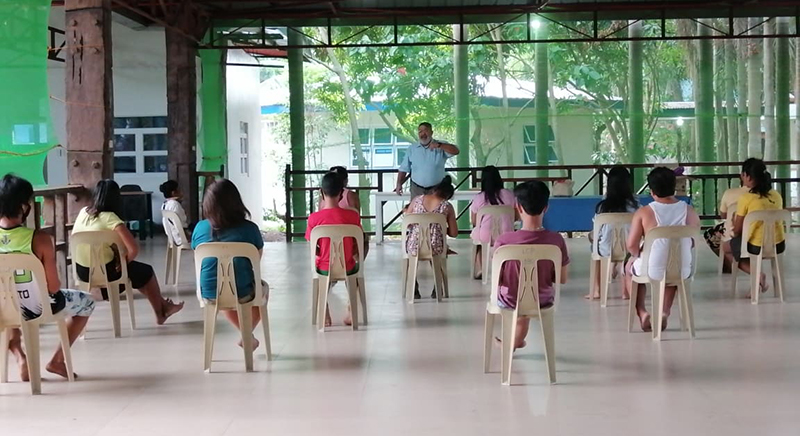
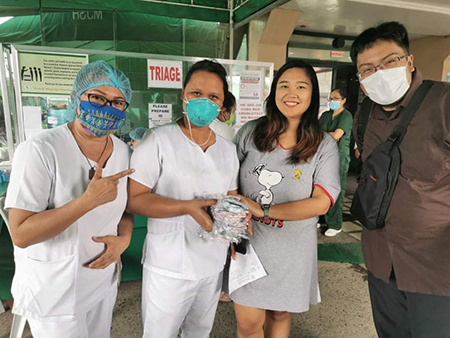
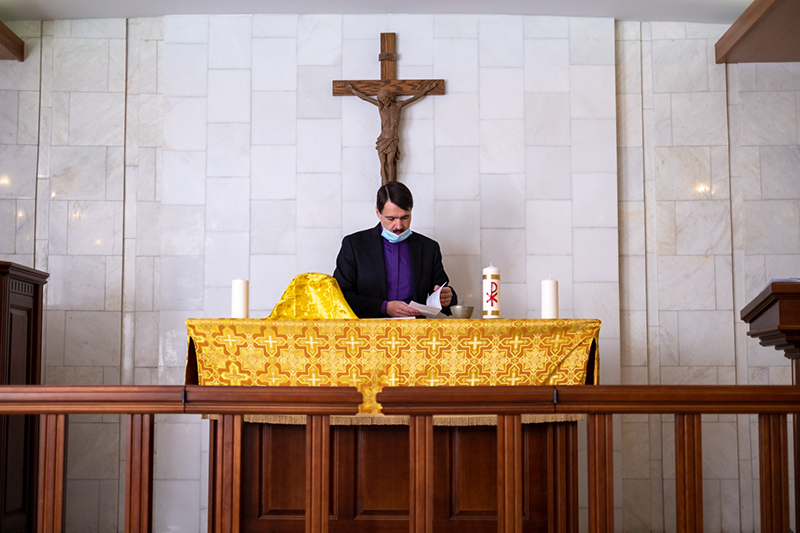
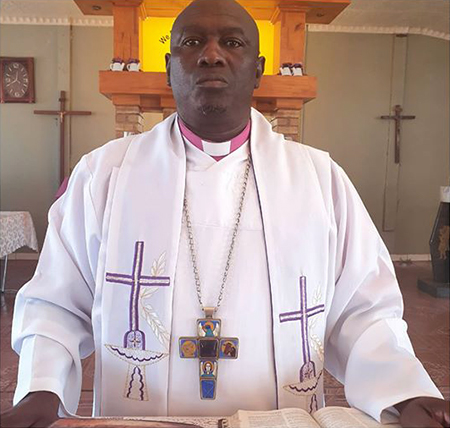
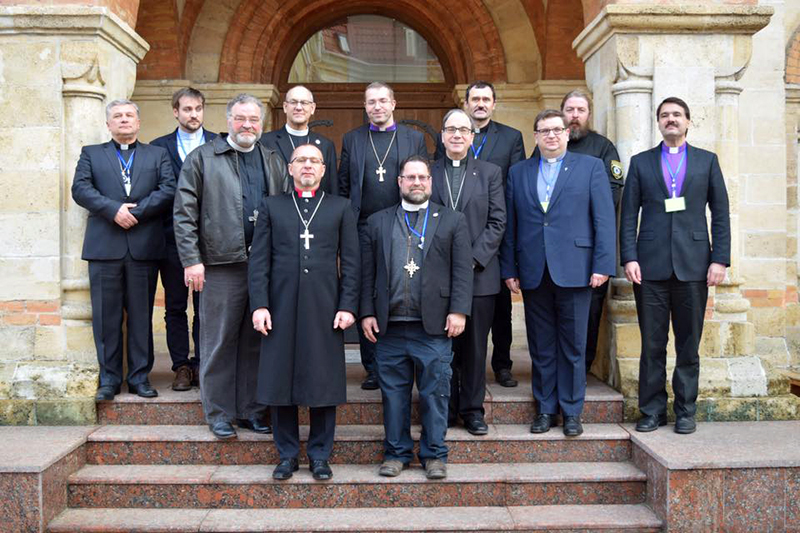
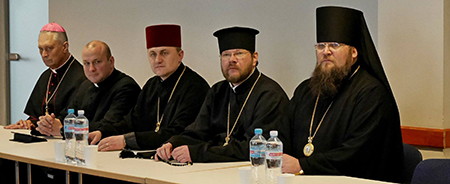
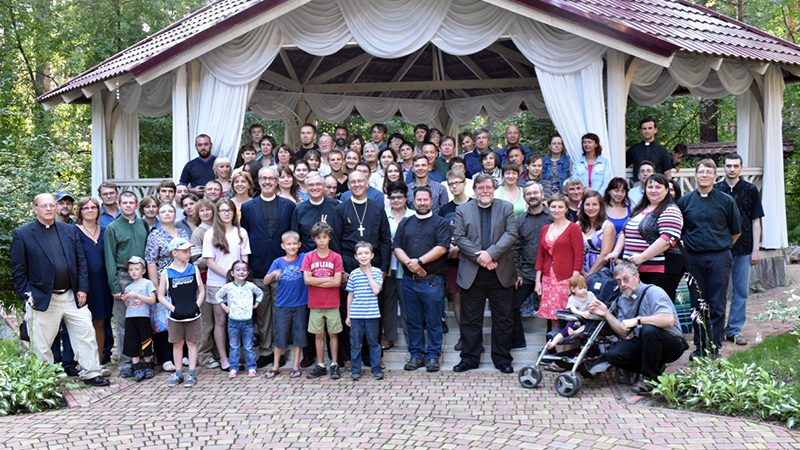
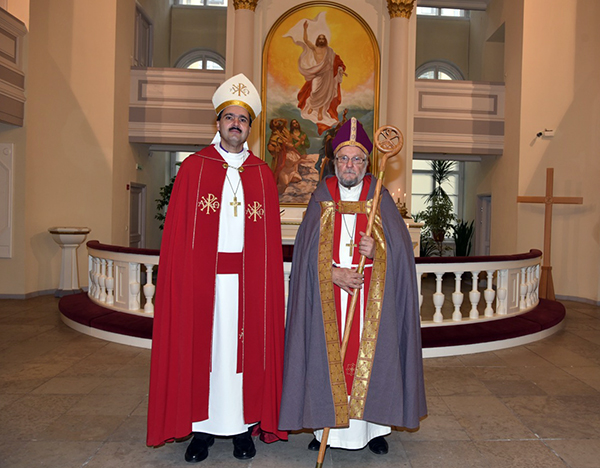
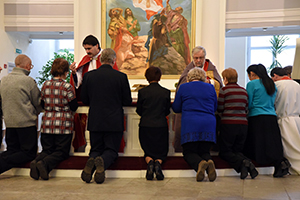
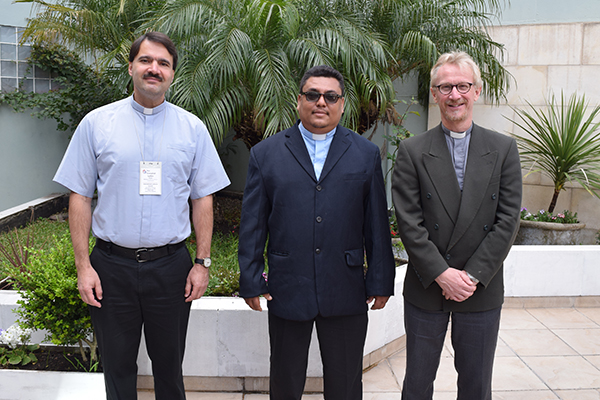

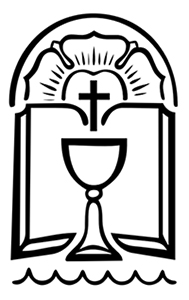 Siberian Evangelical Lutheran Church (SELC)
Siberian Evangelical Lutheran Church (SELC)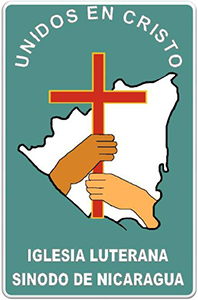 Lutheran Church Synod of Nicaragua (ILSN)
Lutheran Church Synod of Nicaragua (ILSN)